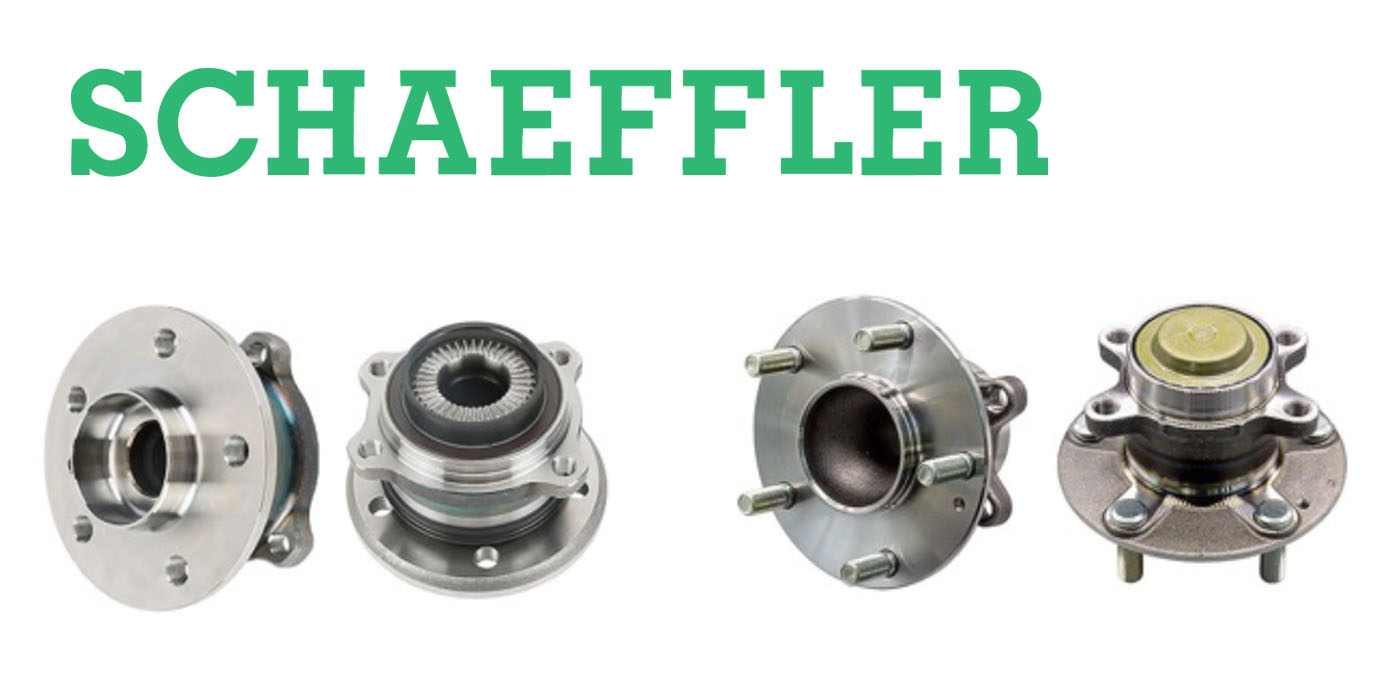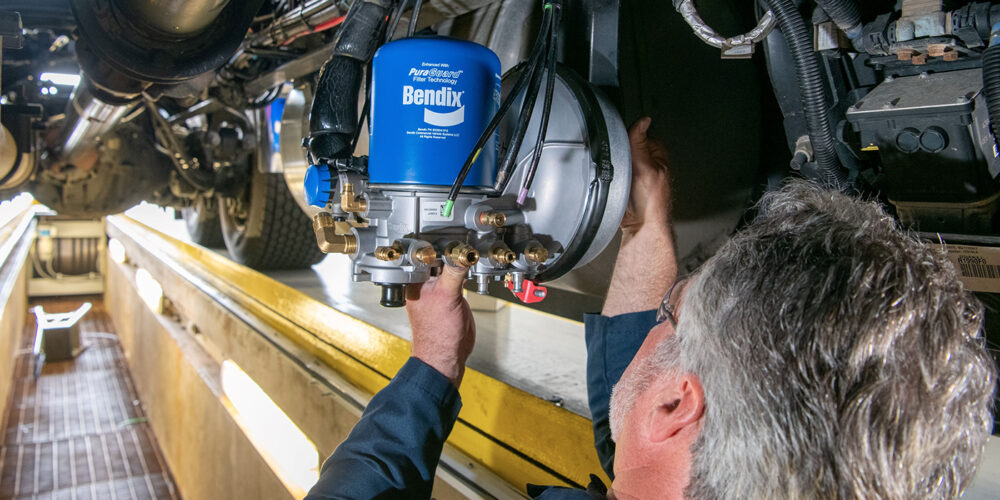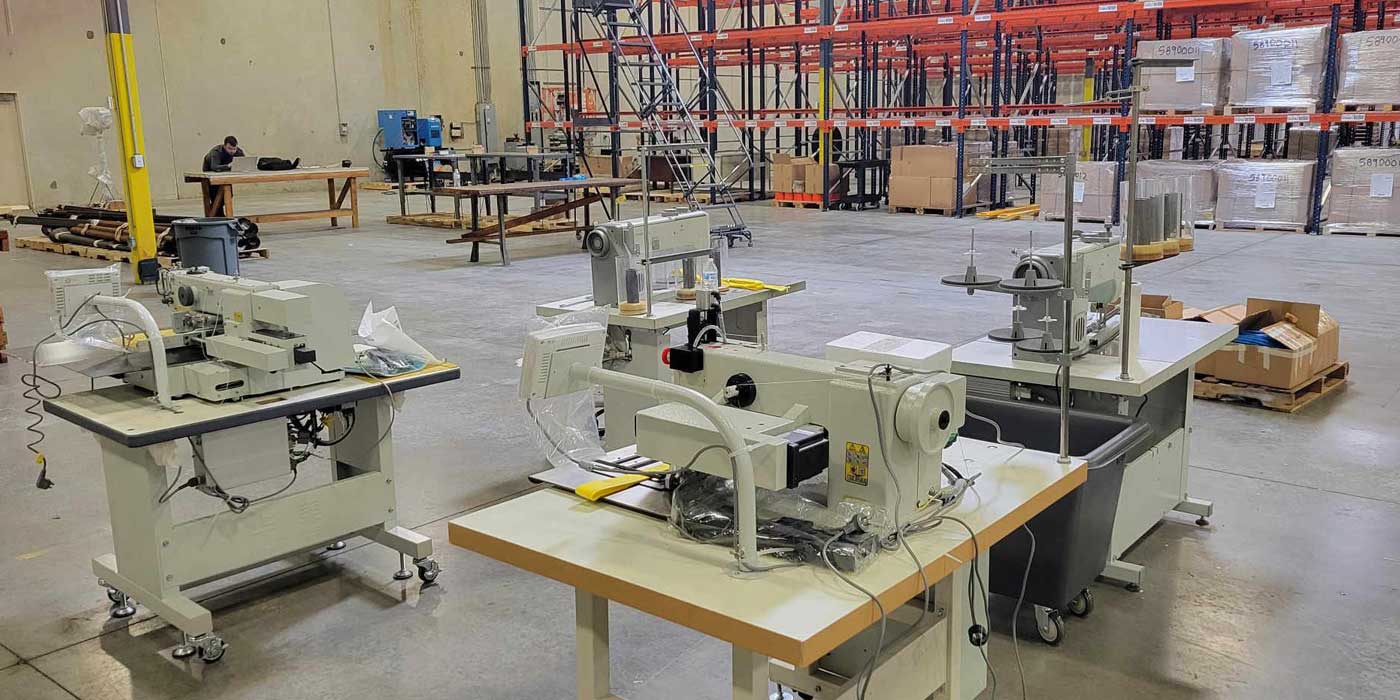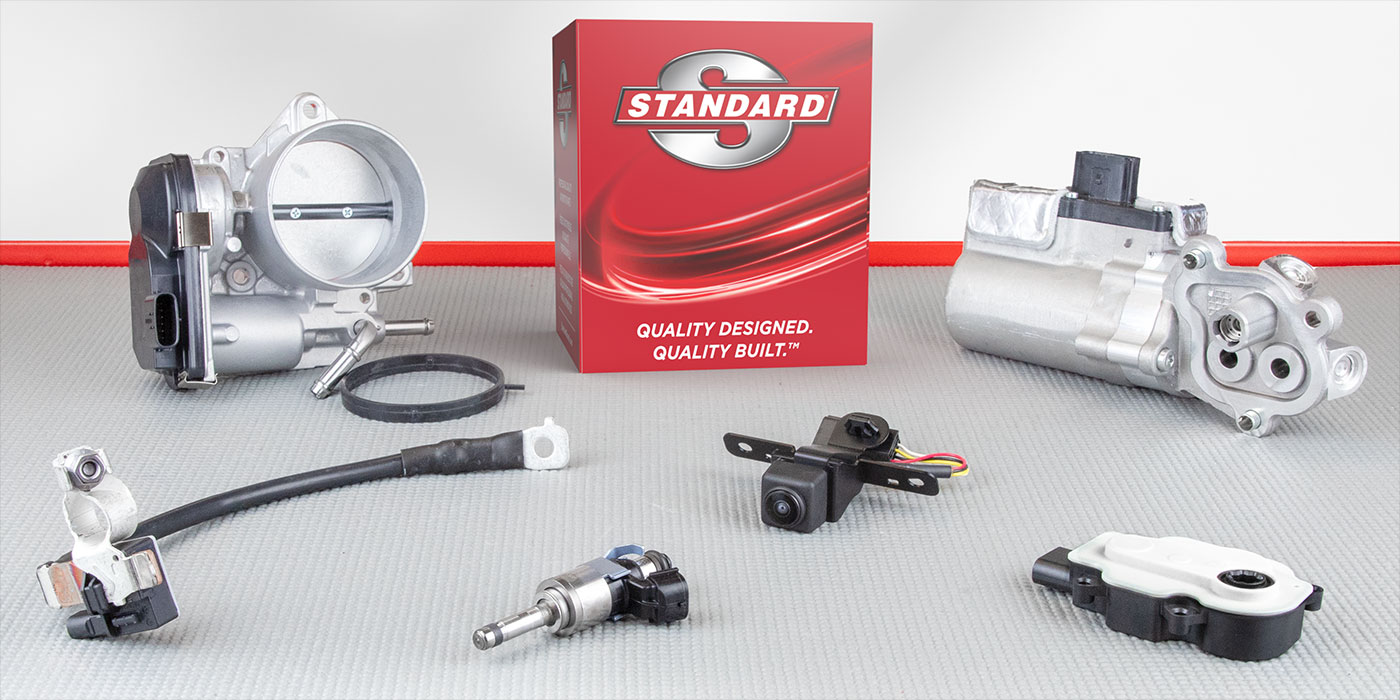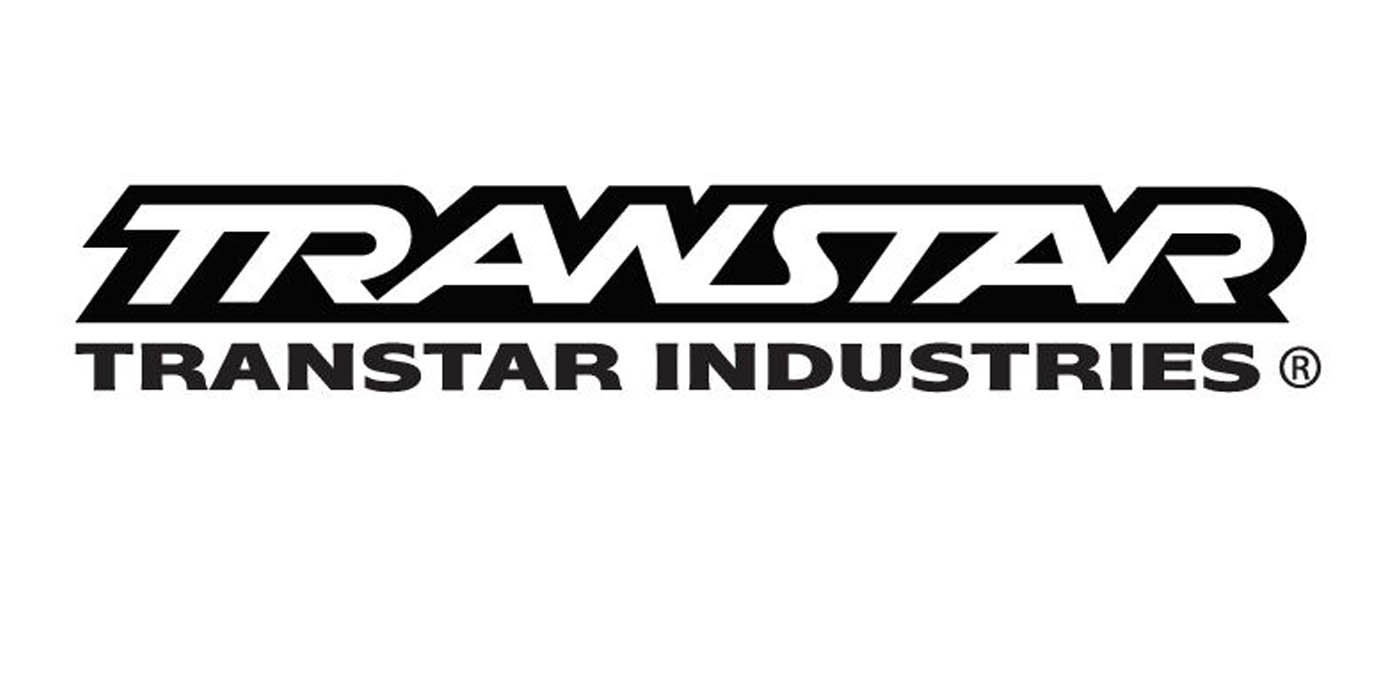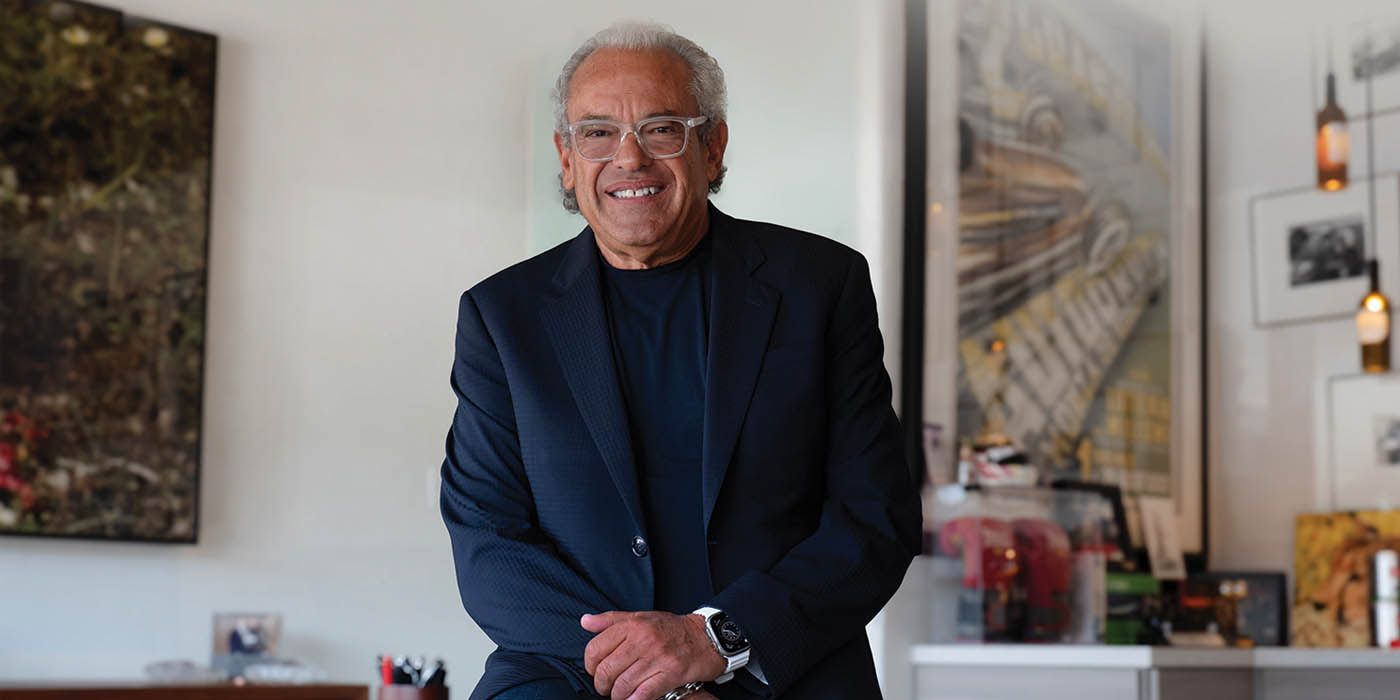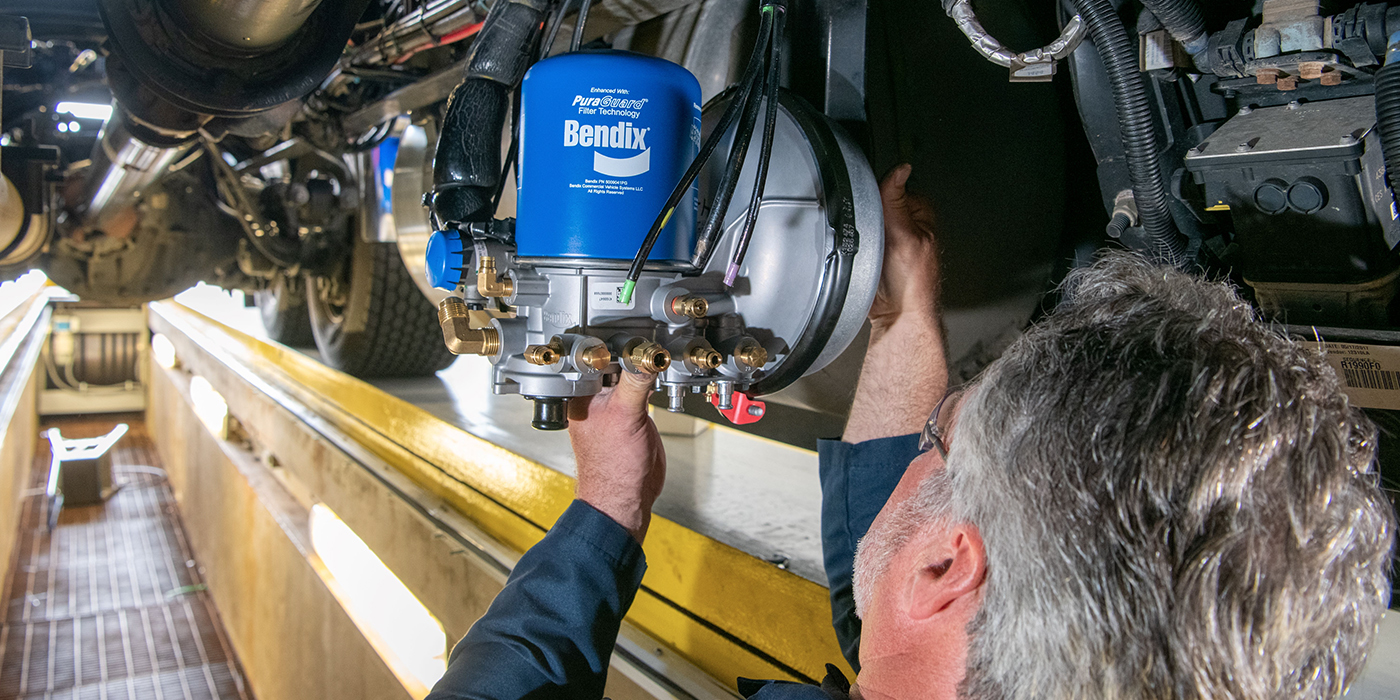 Britain can become a world leader in lightweight materials that could help create more efficient future vehicles, according to Mike Flewitt, CEO of luxury British sports car and supercar maker McLaren Automotive.
Britain can become a world leader in lightweight materials that could help create more efficient future vehicles, according to Mike Flewitt, CEO of luxury British sports car and supercar maker McLaren Automotive.
Delivering his keynote speech to automotive leaders and policy makers at the SMMT industry summit in Central London, Flewitt called for a future “weight race” to replace the more traditional “power race.” He said industry and government need to work hand-in-hand to develop the synergies between future powertrain development and the clever use of lighter materials that will help save weight and, therefore, reduce the energy needed to power them.
While McLaren Automotive expects to hand-assemble around 4,000 cars this year, with 90 percent of what it makes exported to more than 31 markets, Flewitt believes the technology developed also will benefit the automotive industry, economy and road users more widely.
Lightweight carbon fiber has long been a part of McLaren’s DNA, as the company introduced the very first carbon fiber chassis into Formula 1 in 1981. Carbon fiber’s innate strength and lightweight properties mean that the company has never made a race car, sports car or supercar without it since, says the company.
McLaren Automotive is itself poised to open a brand new £50 million (approximately $65 million USD) McLaren Composites Technology Centre (MCTC) in the Sheffield region later this year. The Yorkshire-based center will be where McLaren will innovate the process for making the ultra-lightweight and strong carbon fiber tubs at the heart of its luxury cars.
Around 45 McLaren employees are already housed at the University of Sheffield’s Advanced Manufacturing Research Centre (AMRC), innovating the process for creating lightweight tubs. When fully operational, the team is expected to grow to around 200 people with the finished tubs then sent to the McLaren Production Centre in Surrey, where the company’s vehicles have been hand-assembled since 2011. It also will mean, on average, around 58 percent of content by value will be from the U.K., up from half.
In addition, McLaren has developed extensive knowledge of how to strip out unnecessary weight at the design process to boost performance. For example, each door of the McLaren Senna weighs less than 10 kg and such is the attention to detail, the company even formulated a lightweight paint specially to reduce the volume of liquid needed. The result is a sub-1,200 kilos dry weight vehicle.
McLaren also has made significant commitments to future powertrain development having developed the world’s first-ever hybrid hypercar in the McLaren P1 and expects at least half of its fleet to be hybrid by 2022.
“We now have a fantastic opportunity for the U.K. to be at the very forefront of a new automotive ‘weight race’ that can help achieve increasingly tough environmental targets. While McLaren has a long history in using lightweight materials to boost vehicle performance, it’s something we are also heavily investing in as part of our future with the opening later this year of the brand-new McLaren Composites Technology Centre in Yorkshire. It will lead to innovations in the technology going into our cars and not only provide a significant boost to that region, to jobs and the supply chain but also to the U.K.’s reputation for innovation.
“It is clear to us that to be successful in lightweighting, industry and government need to continue to work closely to ensure we all capitalize on the benefits for the sector, for the U.K. in general and also for vehicle owners who will increasingly demand more efficient products that deliver the driving attributes they expect,” said Flewitt.



